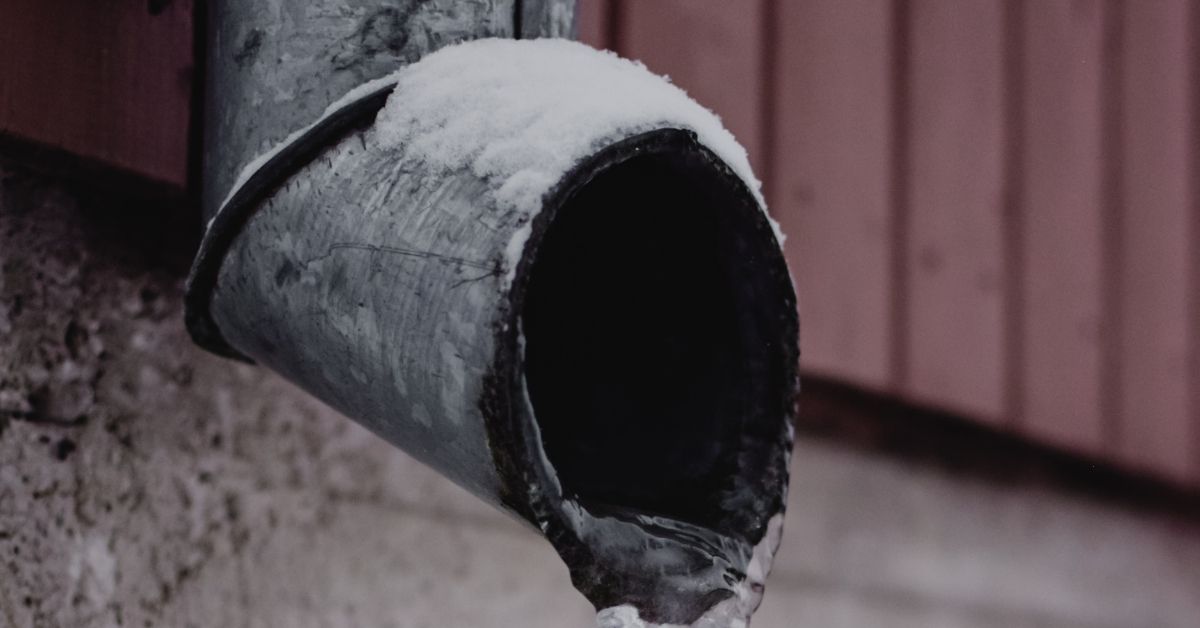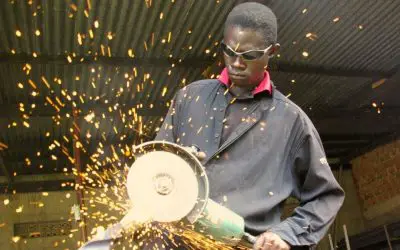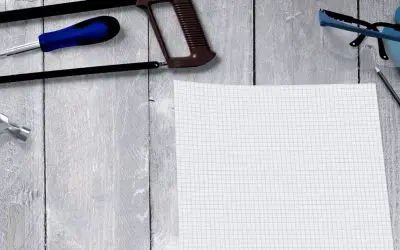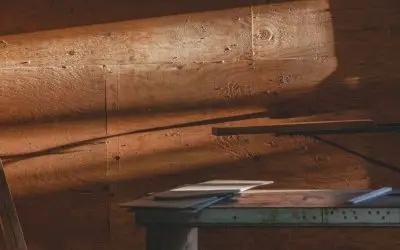Share

The winter weather can be very harsh on your home. It’s important to take the necessary precautions to prevent water damage. Here are 6 tips on how to prevent water damage on pipes, so you don’t have a lot of costly repairs in the near future!
6 Tips On How to Prevent Water Damage on Pipes
Tip 1: Use a Pipe Freeze Protection Kit
To prevent frozen pipes, the best thing to do is use a pipe freeze protection kit. These kits are designed specifically for your type of piping system so you need to make sure they fit before purchasing them. There are two kinds: heat tape and insulation sleeves with thermostats.
Tip 2: Take Care of Your Pipes
Taking care of your pipes will make it last longer. Examine the exterior water meter every month during winter by removing any snow around it or heavy vegetation that might be obstructing it from view.
If there’s ice on your meters, don’t break into the lines yourself because if they’re not done correctly could cause severe damage! Call emergency plumber services instead. Also, have an annual tune-up for all indoor valves just in case one got left open without you knowing.
Tip 3: Drain Pipes in Basement and Attics
When it’s cold outside, the first place that will freeze is usually your outdoor faucets. You should always drain these pipes during this time of year to prevent any possible water damage inside your house on its indoor plumbing system.
It only takes a few minutes but can save thousands down the road! Plus, if they’re drained correctly during spring, there won’t be ice buildup at all, which could also help avoid serious damage.
Tip 4: Monitor Outdoor Faucets
If you have an underground sprinkler system, make sure to watch over those exterior faucets as well because if they are left open even for one night without draining them completely, they could freeze by morning.
If you have an irrigation system with pop-up heads, make sure to raise them up, so the sprinkler doesn’t hit it and damage it when freezing temperatures occur.
Tip 5: Drain Outdoor Faucets Too
Every year before winter hits, drain your exterior water lines that hook into outdoor faucets just in case something goes wrong inside or outside the house while no one is home overnight.
Make sure all of these are completely drained even if there’s only a little bit of pressure because once they get frozen solid will break pipes for sure! Then, periodically monitor throughout winter months to ensure nothing happens again by using exterior meter lids at least once every month cold weather seasons.
Last But Not Least! Tip 6: Take Care of Your Pipes!
If you’ve ever suffered from water damage on your pipes and home, then you know firsthand how expensive it can be to fix. If not properly taken care of, once they freeze will break for sure, leaving a mess behind that’s extremely costly to repair.
To prevent this type of issue take the time each year before winter hits to thoroughly inspect all exterior faucets and drainage systems around the house or any other areas where possible leakages may occur such as under sinks, toilets, etc, so if anything goes wrong with them you’ll have plenty of warning signs beforehand allowing enough time in advance before things go south fast. It was only minutes but could save thousands down the road!
With these six tips on how to prevent water damage to pipes, you’ll be able to rest easy knowing your plumbing system is in good hands this winter.
Avoiding costly repairs can save homeowners hundreds if not thousands of dollars depending on the severity and location of damaged piping, which could have easily been avoided just by taking some time before cold weather seasons hit each year beforehand!
How Do You Clean Up After A Water Leak On Your Pipe?
Water leaks usually start slowly, little by little. But it can lead to major damage if left unattended for too long. If you are facing a water leak on your pipe, the best thing to do is call experts for help. The professionals will know how to take care of things to prevent further damage or loss. They also have tools, equipment, and materials that can be used while repairing the damaged area.
If you want to clean up after a water leak yourself, here’s what you should do:
The very first step is to shut off the main valve if it’s located under your sink. It would stop the flow of water completely so no more damage can be done until repairs begin. Now go around looking at ceiling tiles, wallboards, etc., for signs of humidity or moisture that might indicate where there could be some leaks present within pipes. You can also look for wet spots which exposed pipes could cause.
Next, try mopping up the water and taking care of any damp areas with towels or rags. It will prevent further damage to flooring and walls if there is a leak within the plumbing system that isn’t visible yet. If you notice cracks or bulging on the wall, it might mean your pipe has burst but is just not visible due to built-up pressure behind the wallboards.
Sometimes, experts’ inspection will help detect problems faster than doing it yourself since they know what signs to look for while repairing damaged areas. The best thing about hiring professionals is their willingness to take responsibility if something goes wrong after fixing faulty piping because they stand by their work.
As you can see, leakages within the plumbing system and how best to avoid them are extremely important, saving homeowners lots of money in repairs down the road if not taken care of properly before cold weather seasons hit each year beforehand!



0 Comments